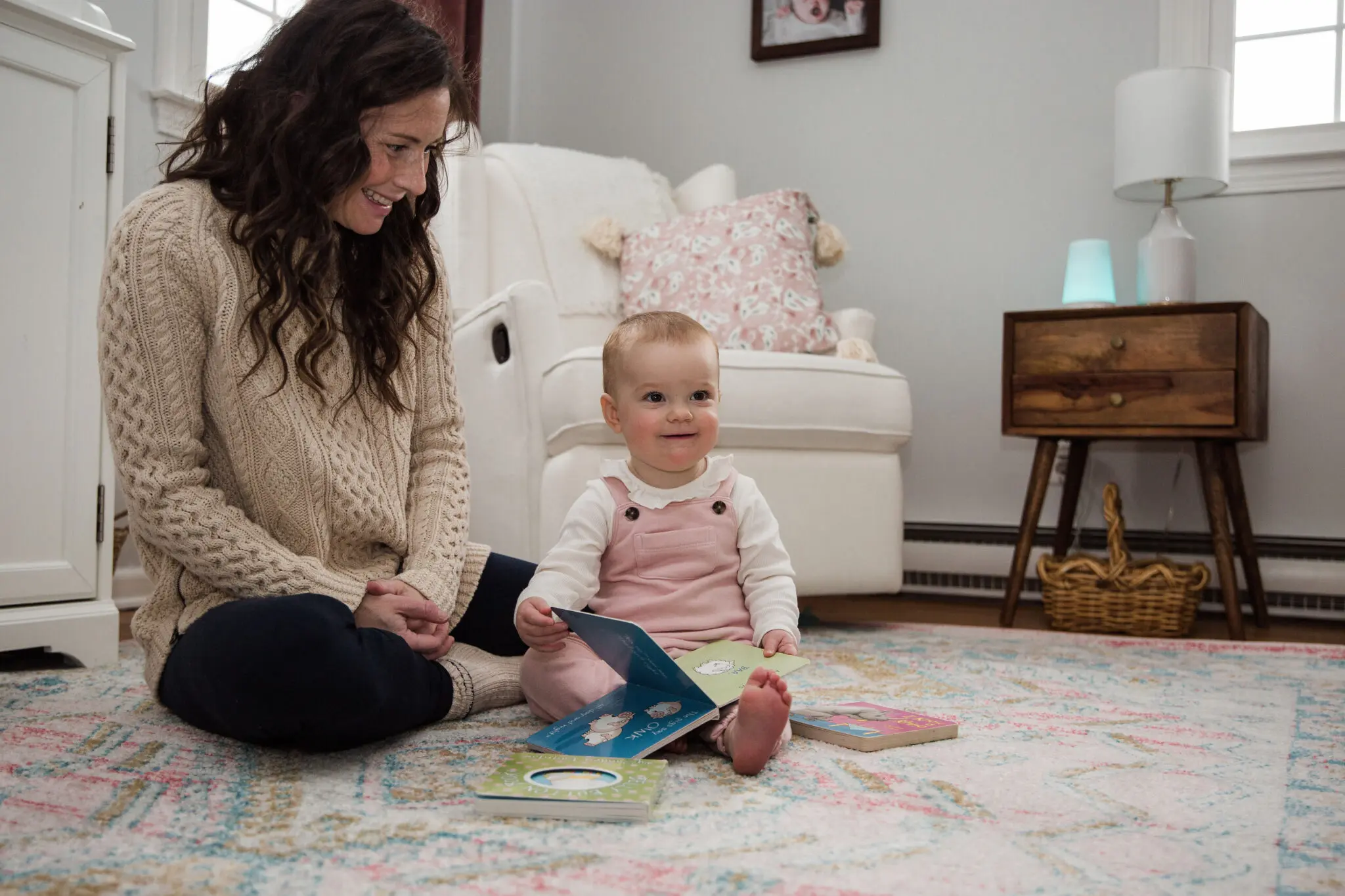Why does social media make us feel bad? It’s easy to feel insignificant when you’re one of 2.4 billion people on the same platform. The truth is – social media doesn’t define you.

Social Media Doesn’t Define You
Last year I took a step back from social media to evaluate how it was negatively affecting my mental health. At the time I was on a downward spiral of unhappiness and insecurities. My self-worth was tethered to numbers: insights on a post, follower counts, story views, etc. I lost track of my true identity while trying to chase an algorithm and project a narrative attractive to others.
Why does social media make us feel bad?
The social comparison theory was first introduced by Leon Festinger in 1954. He suggested that people have an innate drive to evaluate themselves, often in comparison to others. Comparing ourselves to each other is a natural human behavior that has evolved to help us live together as a cohesive group, to help us learn from one another, and to keep us from falling too far behind our potential (source). Unfortunately, Leon did not consider the effects of social media on human nature when developing his theory.
Our society attaches power to popular forms of social currency, such as followers and internet fame. With the amount of time we spend on social media, it becomes easy to use these standards as a yardstick to measure our own self worth. It doesn’t matter if you accept the fact that social media is a highlight reel portraying a skewed version of reality. When you spend hours scrolling seemingly perfect accounts, it’s easy to develop unrealistic expectations and perceptions of what life should be like.
Countless Instagram accounts show the world what the creator wants to be like. Through filtered snippets of impeccably flawless moments, people showcase only the best (and not the challenges they face behind the scenes). There seem to be “easy solutions” for all life’s problems, in motherhood, home decorating, cooking, fashion, etc. The bottom line is if you just follow along, clicking every link, buying what is recommended, and copying what they do, then you can have the same charmed life too.
How can you define yourself beyond social media?
How can you love the life you already have if you’re on an endless quest for social validation? Defining oneself beyond the digital avatar we create on social media is an empowering journey. In 2020 I set off on a journey of self love. It began with a post showing my real self and revealing a list of my insecurities. I encouraged followers to join in on social media with an unfiltered photo and a hashtag: #ILoveMyRealSelf. It felt good at the time, to admit my self-doubts and character flaws, but I always missed one HUGE factor holding me back from actually loving my real self.
Instagram. If social media doesn’t define us, then why do we rely so heavily on it to be a reflection of our true selves?
A lot has changed since I admitted my dependence on Instagram. First, I quit caring so much about how I shared my life on social media. Next I posted what makes me feel good instead of trying to impress others. Then I let go of the unspoken expectation to show up everyday and become intentional with my appearances. The pressure I felt to be REAL while also appealing melted away – and it felt easier to just be me. Finally, I unfollowed every account that made me feel anything but confident with my own life.
It goes without saying that my job depends on my presence on social media. I could easily delete everything if it was truly impacting my mental health in a negative way. But I’ve set boundaries and rules on how I interact with social media. It’s impossible to earn the trust of followers if I don’t have confidence in not just myself, but what I’m sharing too. What you see on social media is the truth. And if I find myself in a place of low self-esteem, I step away from social media to find validation where it matters most.
Want to read more about my mental health journey? Read What Happens When You Ignore Your Insecurities and 5 Easy Ways to Start Loving Yourself.






Leave a Reply